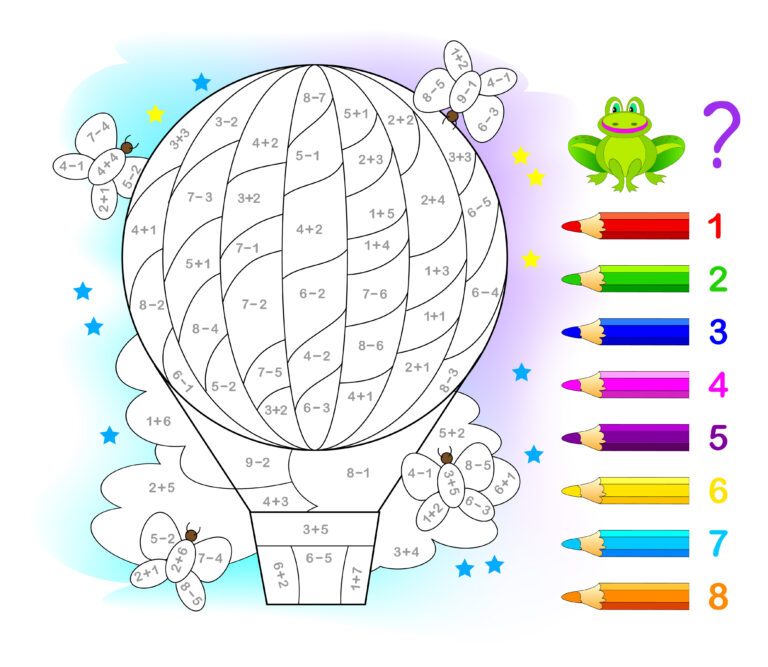Drinking beer from growlers is not remotely comparable to exposure to banana radiation. The idea that beer growlers emit radiation similar to bananas is a misconception without scientific basis.
Bananas contain a naturally occurring radioactive isotope called potassium-40, which emits a very low level of radiation. This radiation is extremely weak and harmless to humans under normal consumption. The concept of “banana radiation” is often used as a playful benchmark to explain very low levels of radioactivity in everyday life.
Beer growlers, on the other hand, are simply containers—usually made of glass, stainless steel, or sometimes plastic—used to transport draft beer. They do not emit radiation. The materials used in growlers are not radioactive, and the beer inside does not contain radioactive substances at any meaningful level. Drinking beer from a growler does not expose you to radiation in any way comparable to the minuscule radiation from bananas.
If there is any concern about substances in beer growlers, it would be related to chemical contamination or hygiene, not radiation. For example, some containers might have trace amounts of metals or chemicals if poorly manufactured or maintained, but these are unrelated to radioactivity and are generally regulated to be safe for food and beverage use.
In summary, the radiation from bananas is a natural, very low-level phenomenon, while beer growlers are non-radioactive vessels. Drinking beer from growlers does not expose you to radiation, let alone anything comparable to banana radiation.





